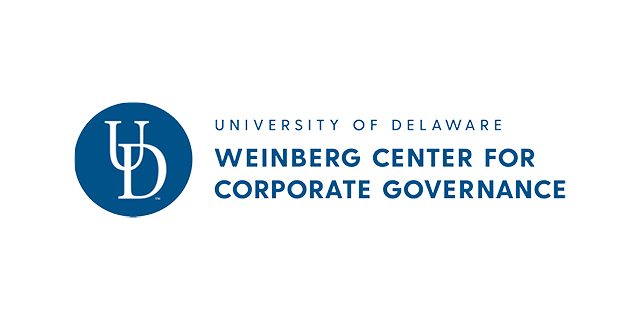Corporate Board Practices in the Russell 3000 and S&P 500: 2019 Edition
April 24, 2019 | Report
Why aren’t boards diversifying faster?
The findings in this report underscore the main reasons progress on board refreshment and diversity remains slow: average director tenure continues to be quite long, board seats rarely become vacant and, when a spot is available, it is often taken by a seasoned director rather than a newcomer with no prior board experience.
The report documents corporate governance trends and developments at 2,854 companies registered with the SEC that filed their proxy statement between January 1 and November 1, 2018 and, as of January 2018, were included in the Russell 3000 Index, as well as select findings from 494 companies listed in the S&P 500.
The project is a partnership between The Conference Board and data-mining firm ESGAUGE and was developed in collaboration with the John L. Weinberg Center for Corporate Governance (successor to the Investor Responsibility Research Center Institute [IRRCi]), Debevoise & Plimpton, and Russell Reynolds Associates.
To get complimentary access to this publication click "Read more" to sign in or create an account.
AUTHOR
- CREATE AN ACCOUNT SIGN IN
-
Complimentary. Sign in or create an account to access.
















